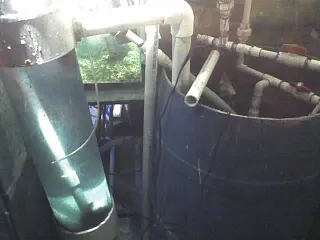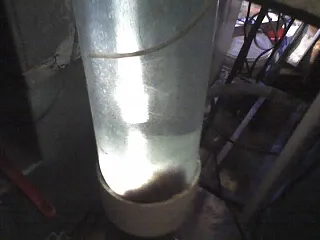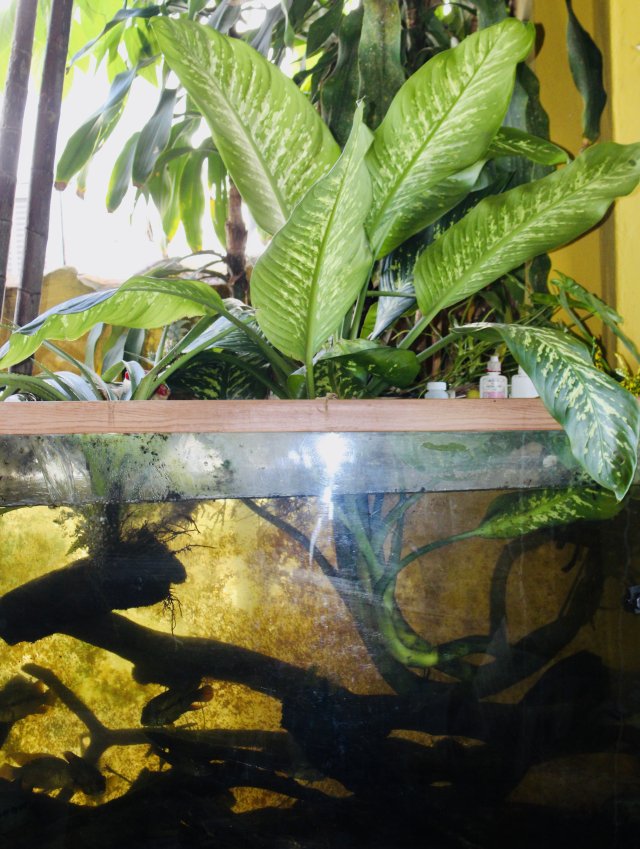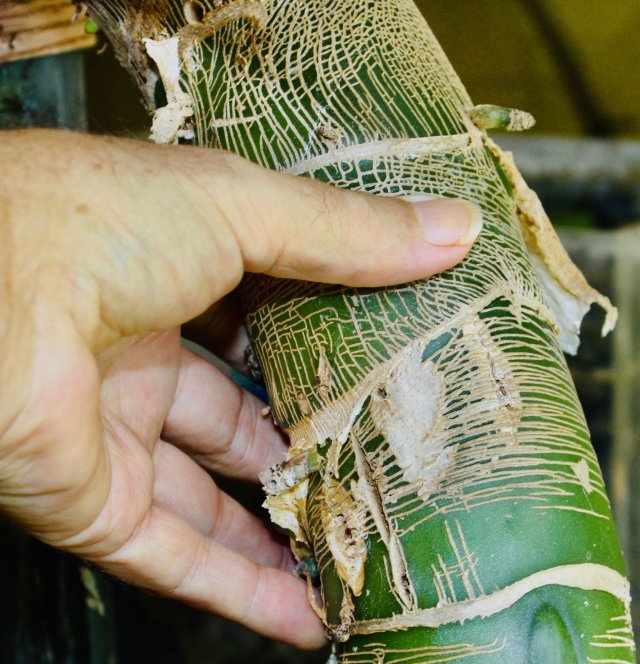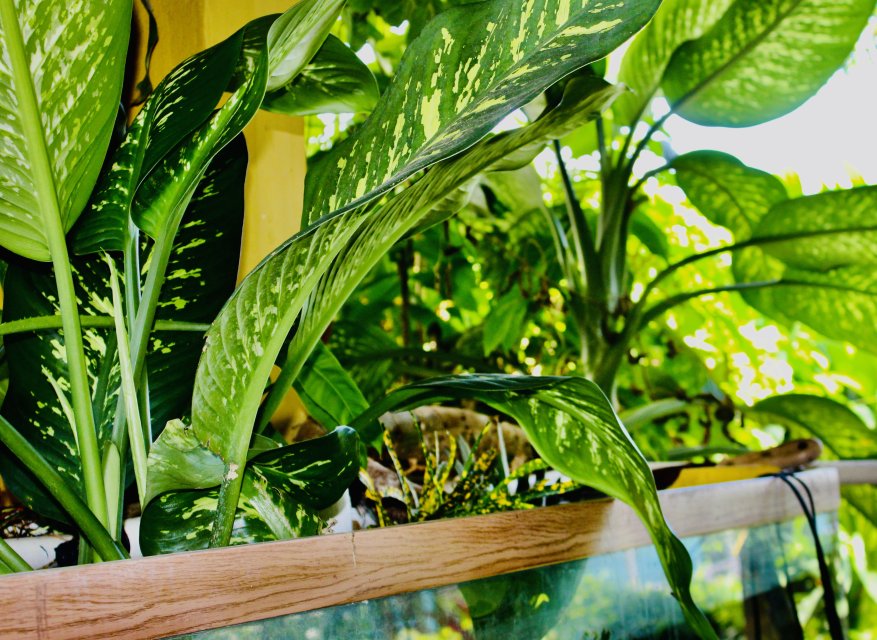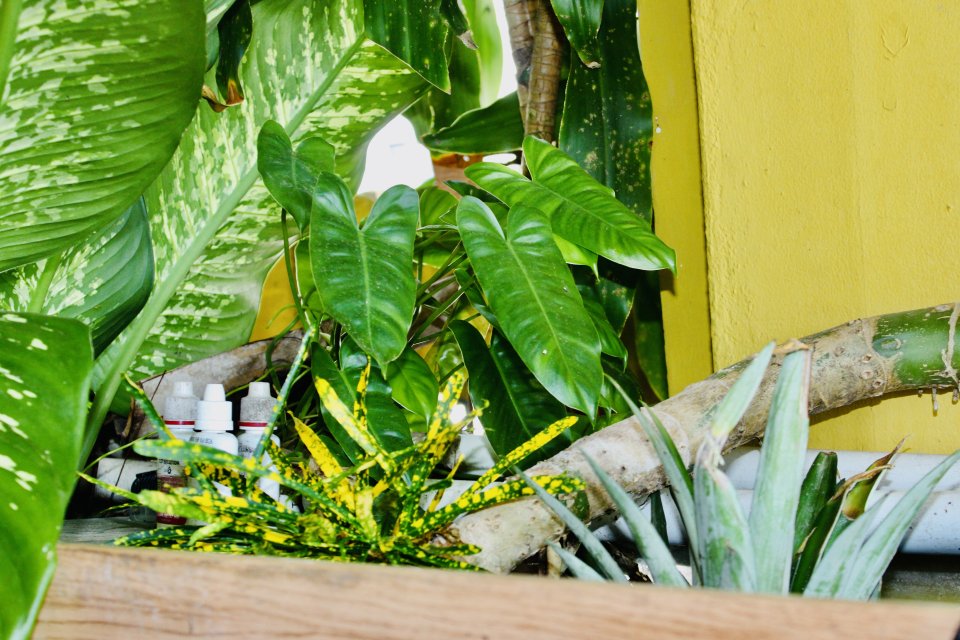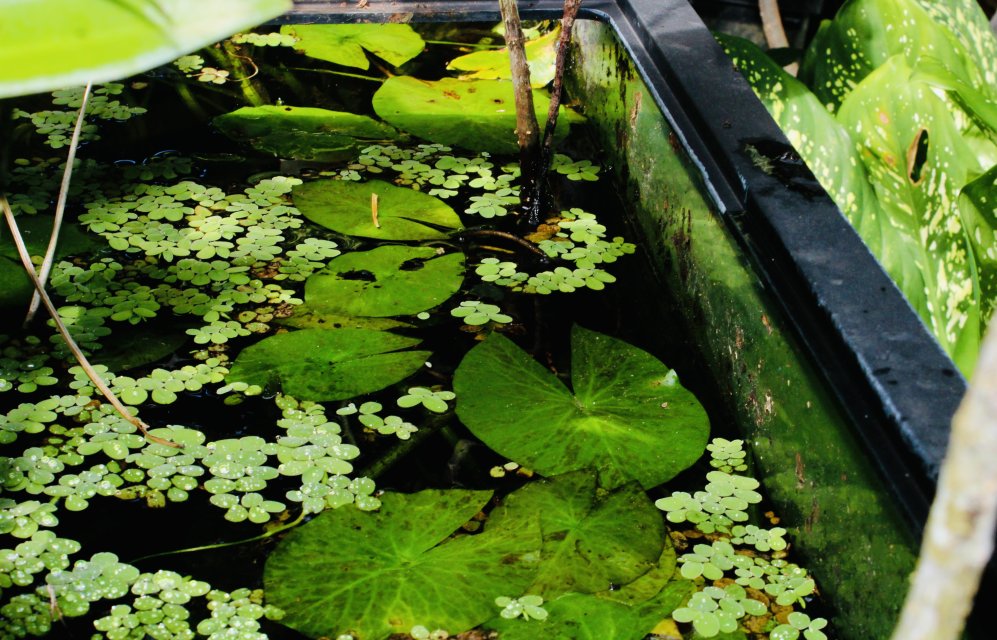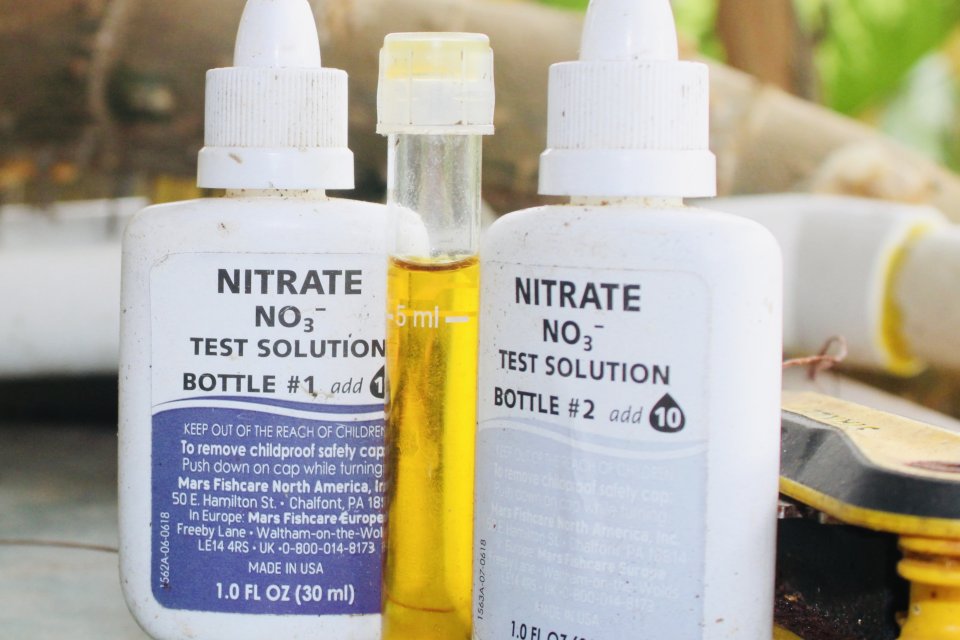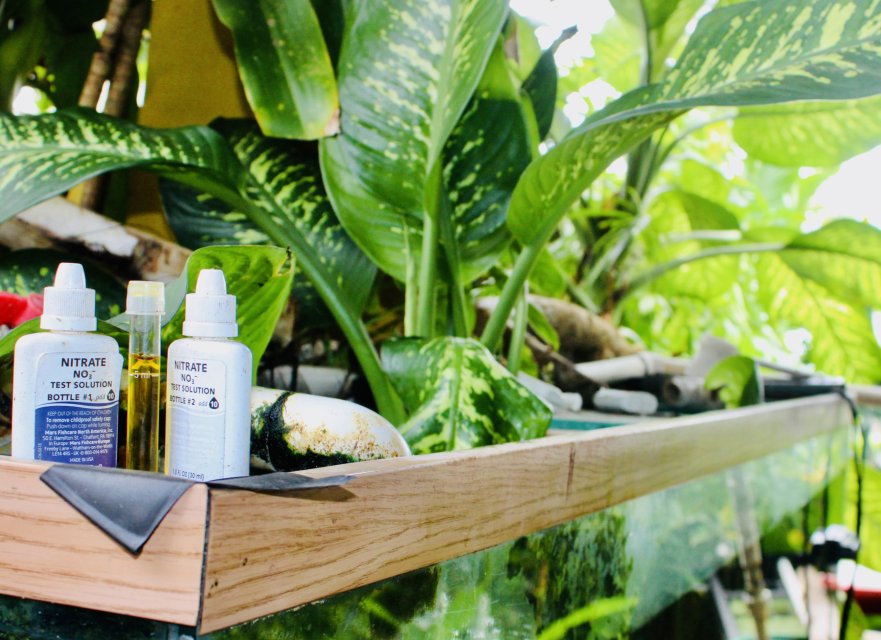I'll admit... this is getting a bit over my head. But I'm doing my best to keep up.
After a few google searches, do you agree that in laymen's terms heterotrophic bacteria/archaea is the bacteria that feasts on solid waste breaking it down into smaller parts more readily available to be processed by NH3-to-NO2 bacterial process we all know and love.
If so, isn't this bacteria mostly grown on the waste itself? It seems to me this bacteria will thrive in the mechanical chamber and will be a bit out of place in a chamber in the sump that does not target the collection of physical waste. And we wouldn't need to provide high surface area media, as it grows in, on, around the waste itself.
I also read: " Heterotrophic bacteria can reproduce very quickly, sometimes doubling in population every 20 minutes."
This misunderstanding seems to come from aquarist believing in a hard separation of mechanical and biological filtration. Fundamentally all mechanical filter media can act as biological filter media as beneficial bacteria (both heterotrophic & autotrophic) simply require water flow + surface area to attach onto and grow. Additionally, bacteria typically do not grow into standalone colonies, most micro-lifeforms have various co-existance relationships and in this case both will live in the same colony. We do not use mechanical and biological filter media interchangably because mechanical media either has enough surface area but is not porous enough to allow water to flow through or the reverse -> bacteria colonies either further clog up the filter or not enough surface area to grow effective colonies -> tank won't cycle properly. Thus, mechanical media is usually reserved for "polishing" the water quality by removing visible solids but not necessarily biological filtration.
This is why the best biological filter set ups use sand, beads, or kaldness media; they maximize surface area while also allowing for water to flow through/around them for tumbling or even in static formations. Thus, most of the heterotrophic bacteria will still be on your biological media ergo why "overfiltration" is a little bit of a myth but there definitely needs to be some cost-benefit analysis done to check if it is worth it compared to just more water changes.


